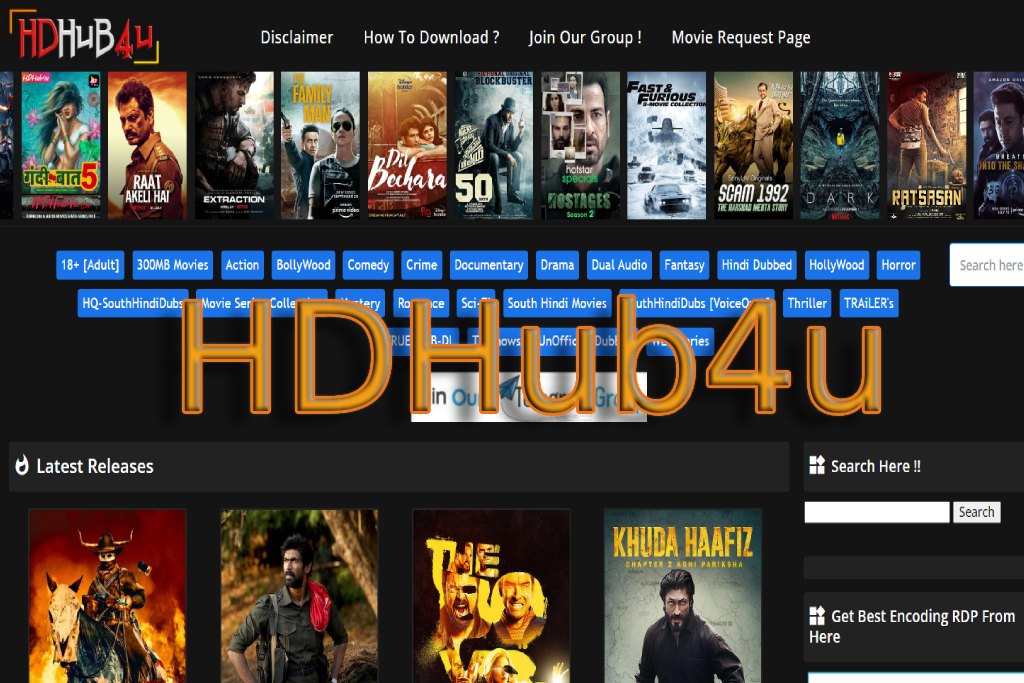Market Research: Why And How To Do It?

A market study is a necessary step in creating a business, and it allows you to move from dream to reality with full knowledge of the facts. Because even if it repels more than one, it helps to mark out the perimeter of your activity and reduce the risks.
Table of Contents
What Is The Market Research For?
A vital element of the business plan, the market study must answer two major questions:
- Who is going to buy what I want to sell?
- Who already offers my product or service?
It is about evaluating the relevance of your project. And the data you collect will help you develop a profitable business strategy and define your competitive advantages. In short, thanks to it, you will maximize your chances of success.
It is, therefore, better to devote the time and energy necessary to:
- Analyze your market to reduce the risks for your activity;
- Understand the needs, preferences, and characteristics of customers;
- Validate the commercial feasibility of your project and refine the concept;
- Guide your actions and decisions.
The Four Stages Of Market Research
Market research is essential to understand the potential of your offer. It consists of making a series of postulates (resulting from the documentary analysis of the market), then testing and validating them in the field through surveys.
The market study addresses four main themes: the sector (or market), customers, competition, and the environment. For each topic, you will have to answer a series of questions.
Your Market
Market research starts with analyzing trends in the sector and the overall market in which your business operates to understand the context in which you operate.
- Is it a growing or a declining market? What is its dynamic?
- What is his size? Several actors?
- Is it a local, national, international market?
- If the market is globalized, what are the dynamics of the leading countries?
- What are the innovations and prospects of the market?
Your Customers
Start with the simple principle that “if you sell everything to everyone, in reality, you are not selling anything to anyone.” Therefore, it is imperative to clearly define your core target, segment your customers, and know their obstacles and their purchasing criteria.
- Who needs your offer? How many clients can you expect? Where are they?
- How do you segment your target? According to what criteria?
- What are the profiles of your clients? What are their buying habits? Their needs and expectations regarding your products?
- Who are your users, your influencers, and your buyers?
- What are the motivations and the obstacles to purchasing? How does your customer buy?
- What will influence their choice (rational and emotional criteria)?
- What is the psychological price accepted by your client?
Your Competition
Analyzing your competitors will define your positioning concerning other market players.
- Who are your competitors (direct and indirect)?
- Which offers are the most successful? Why?
- What are their practices (become a customer, you will have the information live!)
- Check customer reviews, .
Your
- Immediate environment Between the trends in the global market and the reality of your immediate environment, there may be notable differences that must be detected. Your business can be subject to many constraints that you do not control: political situation, taxation, legal constraints, technological development, etc.
- To systematically study the external factors that will weigh your business, use the PESTEL method.
Market Study: How To Carry Out A PESTEL Analysis?
Finally, don’t forget to analyze the different actors who will directly or indirectly influence your activity:
- Who are the suppliers in your market? What is their financial health? Contact several and compare their offers (price, deadlines, services)
- Who are the potential specifiers (example: architects for building materials)?
- What media are likely to reach your targets?
- What is the regulatory information: legal constraints could block your project if you are not careful;
All the information collected will allow you to validate and adjust your offer and your positioning.
How To Carry Out Your Market Research?
There are two ways to do market research: do it yourself or hire someone. Whatever your choice, it is better to do the first research yourself, for cost reasons but above all to immerse yourself in the market.
Don’t wholly outsource your market research. How your business grows depends on responding to a constantly changing market, and better to know it and understand it in depth.
Consult with experts in your industry before approaching your prospects.
To study is not to decide. Just because the study points in the right direction doesn’t mean it will be the right one. Interpretation and intuition remain critical elements in the business approach.
Where And How To Collect Helpful Information?
Documentary research: you will collect as much information and data as possible from various professional or public information sources (statistics, official reports, sectorial analyzes, press, and specialized sites, sector publications, etc.). The web is an excellent starting point, but be careful to cross-check the information and not satisfy incomplete or superficial information.
Quantitative study: you will interview a large sample of potential customers to measure and quantify the trends in your market. However, it is difficult to identify a genuinely representative sample and obtain relevant answers. An advisor can help you orient and formalize your questionnaires. Get help to distribute your questionnaire as widely as possible. You should collect several dozen responses to expand your sample (statistically, a homogeneous sample must include a minimum of 30 interviewees).
Qualitative study: it’s time to meet your future customers. It’s time to test your offer and collect as much feedback, criticism, and suggestions as possible to fully understand your customers’ expectations and adapt your offer accordingly. Field surveys require in-depth expertise to give convincing results, and this is why it is recommended to use a professional specializing in this type of study.
Direct contacts: increase networking to listen to prospects, competitors, influencers, suppliers, distributors, etc., on events, conferences, fairs, and training.
Also Read: Marketing Plan






